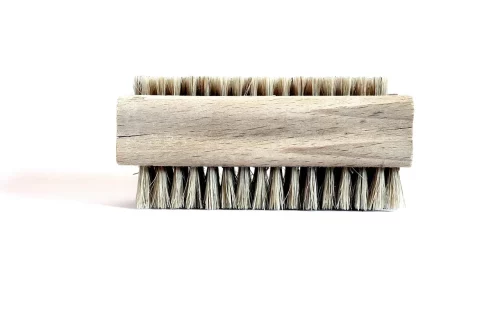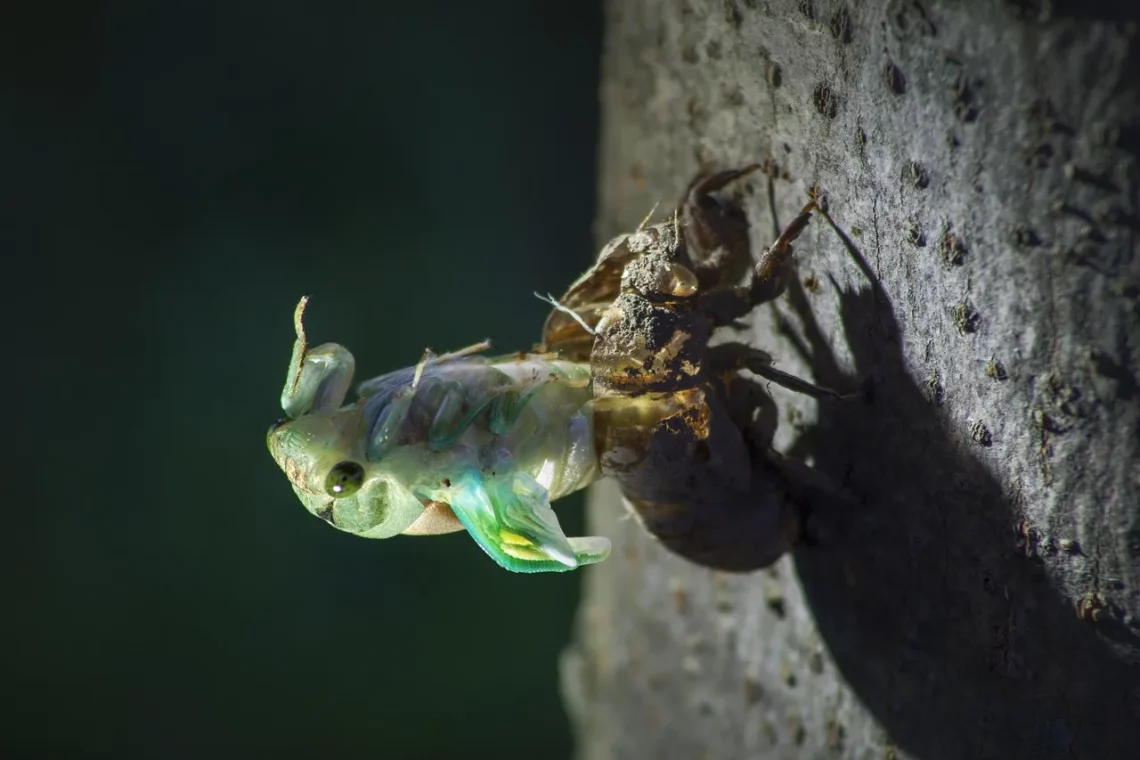-
Understanding Brown Spots on Rose Leaves: Causes and Solutions
Understanding the beauty and intricacy of rose gardening is something that captivates many enthusiasts. Roses, with their vibrant colors and exquisite fragrances, are often seen as symbols of love and beauty. However, caring for these delicate plants can sometimes become a challenge, especially when unexpected issues arise. Among the common problems faced by rose gardeners are the mysterious brown spots that appear on the leaves. These spots can be alarming, signaling potential stress or disease within the plant. Understanding the underlying causes of these brown spots is essential for maintaining the health of your roses. Factors such as environmental stress, pest infestations, and fungal infections can contribute to these unsightly…
-
Effective Use of Cedar Oil for Fleas: A Natural Solution
Cedar oil has emerged as a popular natural remedy for various pests, particularly fleas. With its rich, aromatic scent and numerous beneficial properties, cedar oil is not only effective in repelling fleas but also serves as a safer alternative to chemical-based insecticides. As pet owners and homeowners alike search for eco-friendly solutions to pest control, cedar oil offers a promising option that aligns with a more holistic approach to managing infestations. The use of cedar oil in everyday life is based on its ability to disrupt the life cycle of fleas and other insects, making it an attractive choice for those looking to maintain a pest-free environment. The appeal of…
-
How Much Diatomaceous Earth Should You Use for Dogs?
Diatomaceous earth (DE) has gained popularity among dog owners as a natural remedy for various issues, including pest control and digestive health. This fine, powdery substance is made from the fossilized remains of tiny aquatic organisms called diatoms. Rich in silica, DE is often touted for its potential benefits for both pets and their owners. As a non-toxic and environmentally friendly option, many pet parents are curious about how to effectively incorporate diatomaceous earth into their dog’s routine. However, with any new supplement or treatment, understanding the appropriate amount to use is crucial. Too much DE can lead to digestive issues or other adverse reactions in dogs, while too little…
-
Effective Ways to Get Rid of Chicken Mites for Good
Chicken mites, also known as red mites or poultry mites, can pose significant challenges for poultry farmers and backyard chicken enthusiasts alike. These tiny parasites can infest chicken coops and affect the health and productivity of your flock. Mites thrive in warm, dark environments, making chicken coops an ideal breeding ground. The presence of these pests can lead to a range of issues, including decreased egg production, weight loss, and even anemia in severe cases. Understanding the biology and behavior of chicken mites is crucial for effective management. They feed on the blood of birds, causing irritation and stress, which can compromise the overall well-being of your chickens. Moreover, the…
-
Effective Neem Oil for Fleas: Natural Solutions for Pet Owners
Neem oil has been gaining popularity among pet owners as a natural remedy for various issues, including flea infestations. Derived from the seeds of the neem tree (Azadirachta indica), this oil is renowned for its myriad of beneficial properties. Traditionally used in Ayurvedic medicine, neem oil has made a significant impact in the realm of natural pest control due to its insect-repellent qualities. As the world becomes increasingly aware of the potential harms posed by chemical treatments, many are turning to natural solutions like neem oil as a safer alternative. Fleas are not just a nuisance; they can lead to serious health problems for pets and humans alike. Infestations can…
-
Cedarwood Oil: A Natural Solution for Flea Control
Cedarwood oil has become increasingly popular as a natural remedy for various household concerns, particularly for pest control. Derived from the wood of cedar trees, this essential oil is known for its rich aroma and numerous beneficial properties. For centuries, cedarwood has been praised not only for its scent but also for its insect-repelling qualities. This has led many pet owners and homeowners to explore its potential as an effective, eco-friendly solution for combating fleas and other pests. The rise in awareness of the adverse effects of synthetic chemicals has prompted many to seek out natural alternatives for pest control. Cedarwood oil stands out as a viable option, thanks to…
-
Cedar Tree Oil: A Natural Solution for Flea Infestations
Cedar tree oil, derived from the wood of cedar trees, has been utilized for centuries due to its diverse range of beneficial properties. Its pleasant aroma is not only soothing but also serves as a natural insect repellent, making it an effective solution for tackling pest infestations, particularly fleas. Fleas can be a significant nuisance for both pets and humans, causing discomfort and potential allergic reactions. As more people seek eco-friendly and non-toxic alternatives to chemical insecticides, cedar tree oil has emerged as a favored option. The oil contains natural compounds that are toxic to fleas while being safe for humans and pets when used correctly. This is particularly appealing…
-
Coconut Oil for Fleas: Natural Solution for Pest Control
Coconut oil has gained significant attention over the years for its versatility and numerous health benefits. This natural oil, derived from the meat of mature coconuts, is rich in medium-chain fatty acids, particularly lauric acid, which is known for its antimicrobial properties. While many people are aware of its culinary uses and skin benefits, coconut oil is also emerging as an effective solution for pest control, particularly for dealing with fleas. Fleas, small yet troublesome parasites, can affect both pets and humans, causing discomfort and various health issues. Traditional flea treatments often involve harsh chemicals that may not only harm the pests but can also pose risks to your pets…































